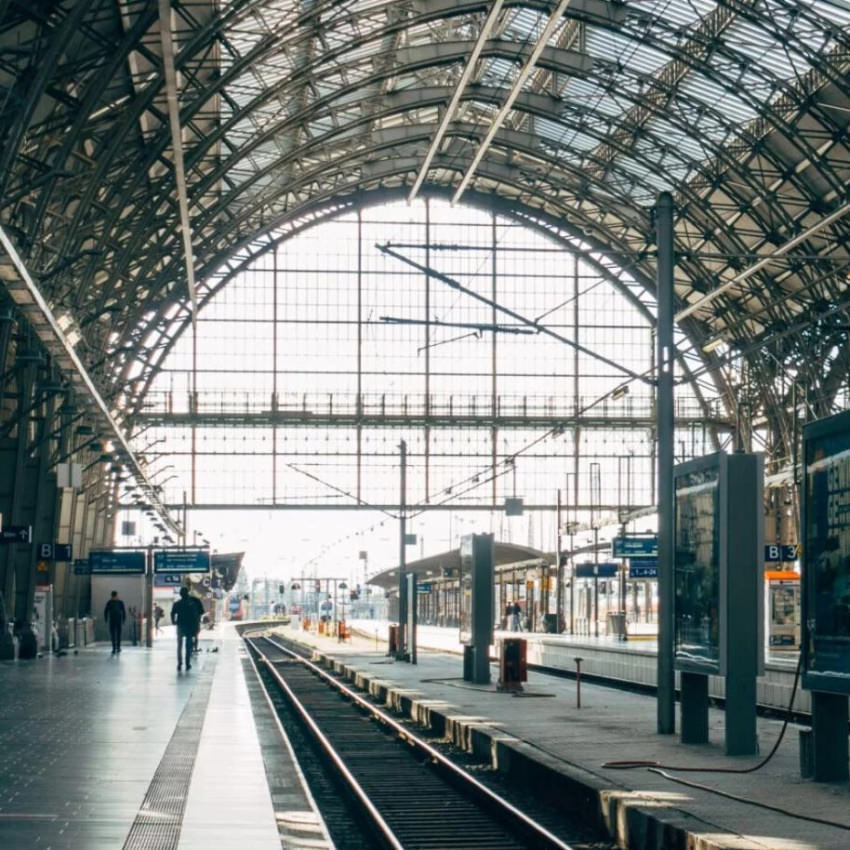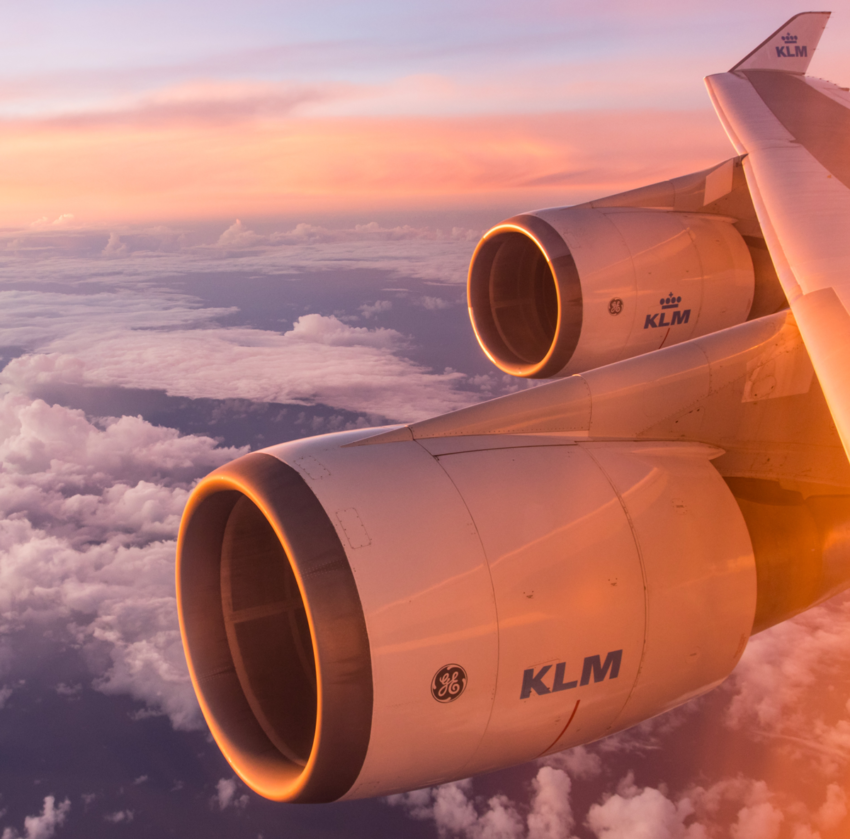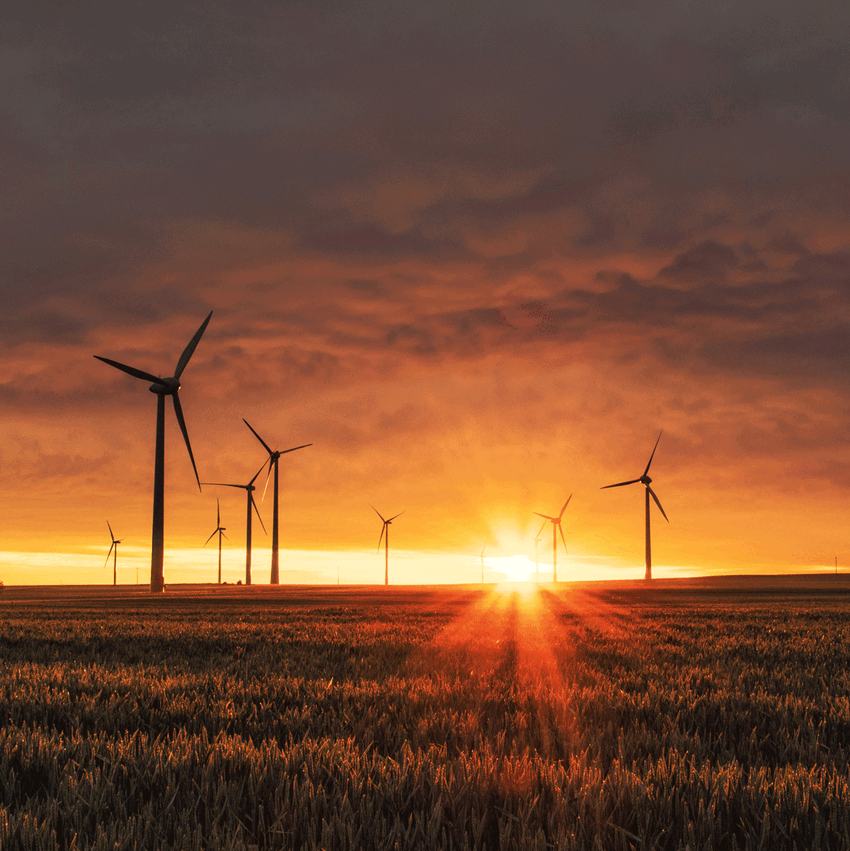The future of business travel: will slow travel take over?
One of the big questions we faced as we emerged blinking into the daylight from our enforced pandemic hideaways is ‘what am I going to put back into my life?’.
The last few years have imposed a lot of taking away. Coffee with friends in a local café – taken away. Friday night pizza parties with neighbors – taken away. Face to face meetings – taken away. Shopping in a real-life, brick and mortar store – taken away (for the most part). Hopping on a flight for a quick weekend getaway or business trip – taken away.
This stripping back of all the things we used to do and love led many of us to appreciate – and potentially to choose – a simpler, slower pace of life.
Now as we venture out into the world some of us will face a new question: how will I travel now I have the choice? Clearly this doesn’t apply to everyone but where we can choose between flying, a train ride, boat or driving, will we opt for the slower journey, for the road less travelled?
Is 'Bleisure' the new business travel?
We all bore witness to quiet skies clear of chem-trails during the pandemic and, although international shows like IMEX clearly rely on the speed and convenience of air travel for long-distance attendees, we’ve been hearing from many in our community that they now take their time when travelling for business. ‘Bleisure’ trips that combine business with an extended break for the whole family finally have become part of our lives.
Why slow travel?
There are many reasons we might choose to go slower – sustainability and environmental protection being primary. The rise in electric and hybrid vehicles means a car journey doesn’t necessarily have the gas-guzzling negative impact it used to. And a growing awareness of the delicate ecosystem we’re all part of on earth means high-speed trains are now more attractive for a host of reasons beyond comfort and convenience.
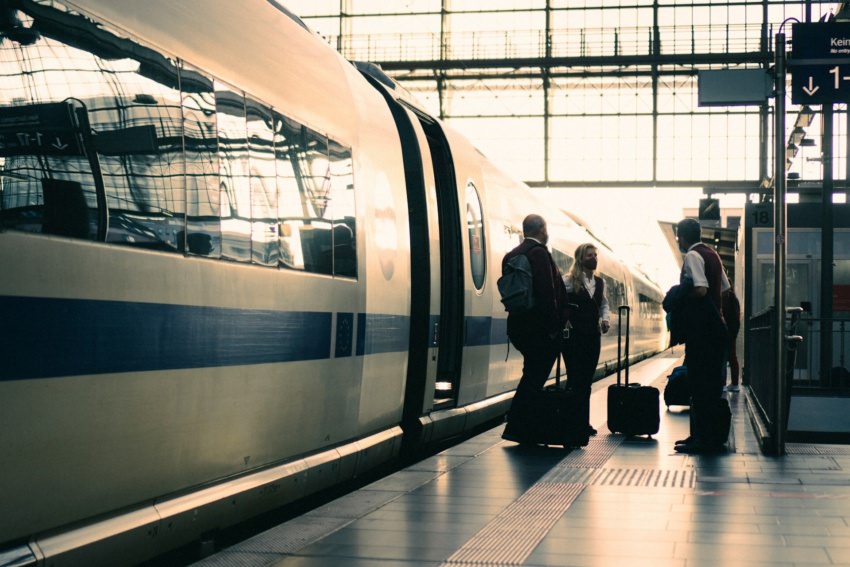
At IMEX we’ve worked closely for many years with Deutsche Bahn in Germany to encourage European hosted buyers to make use of discounted train travel to Frankfurt rather than taking a short-hop flight. We’ve also promoted walking and cycling maps in Frankfurt, reminding people to take their time in the fresh air, along the riverbank or in a park before heading to the Messe in the morning.
And although Emerson is famously quoted as saying ‘life is about the journey, not the destination’, what if we took inspiration from him and made our next business trip about both?
Once the inbound slow journey is done, what if we took time to immerse ourselves more deeply in the local community, stopping to join a positive impact project, to learn about its cultural traditions, its indigenous people, its native habitats and wildlife, its urban and natural spaces?
Slow travel is sustainable travel
In our research report on the Nature of Space, authors Janet Sperstad, CMP, Faculty Director, Madison College and Amanda Cecil, PhD, CMP and Professor at Indiana University quote biomimicry expert and renowned author, Janine Beynus: “The other paradox of the pandemic is that though the natural world is frayed, when we step back for a moment and rest - it heals. We’re seeing that people are doing things differently… We’re seeing a bit of a utopian glimmer come through right in the dystopia.
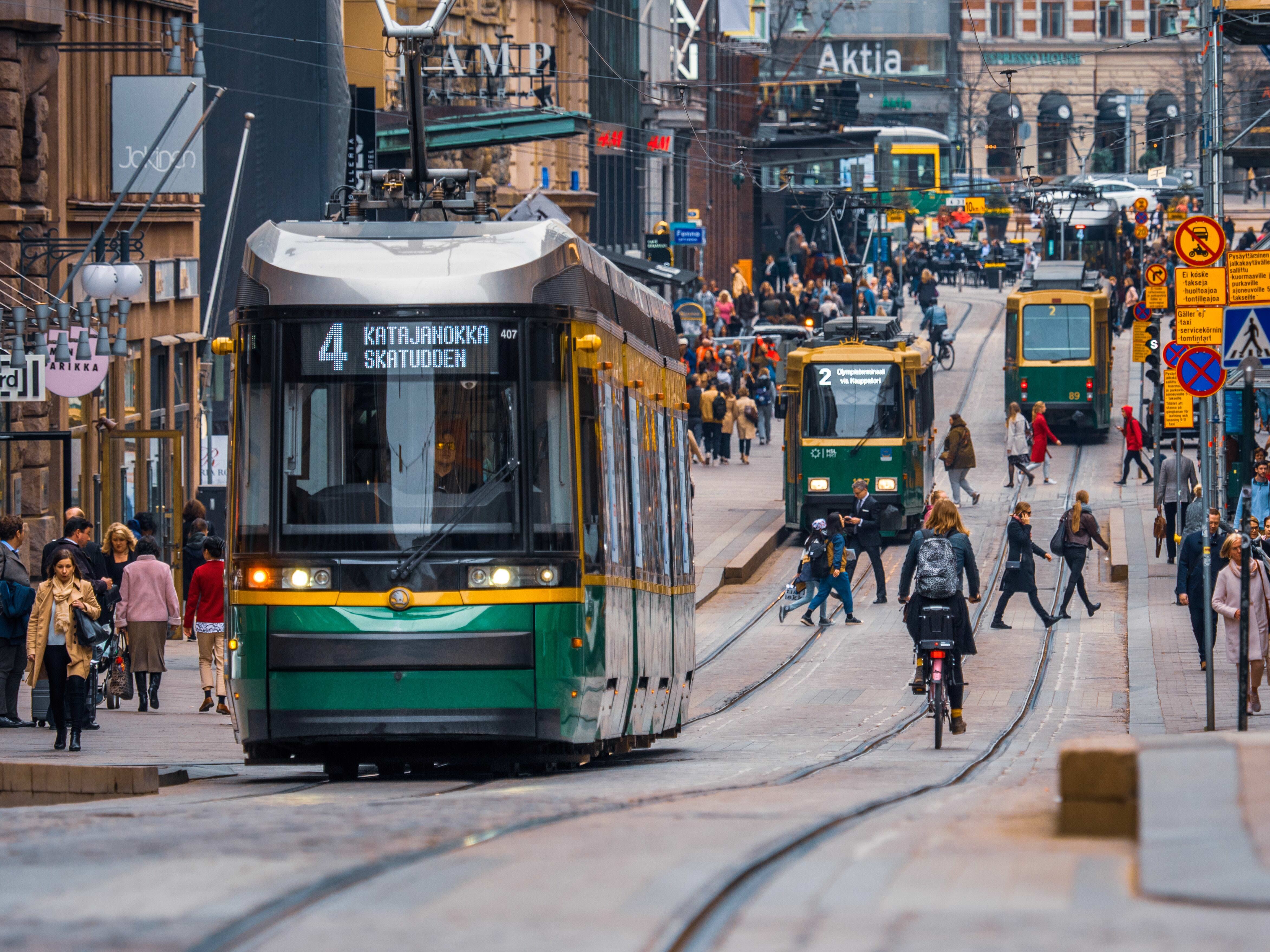
So, when we get back - we get this glorious choice to put back into our lives only what is best; only what we found made life worth living.”
And Philippe Brown, consultant and author of Revisit: The New Art of Luxury Travel, told National Geographic: “As over-tourism, climate change and COVID converge, they’ll become catalysts for deeper reflection on the purpose, value and risks of travel. Meta-travel—travel that teaches you to travel smarter—will come into its own. Expect a greater focus on travel as a therapeutic tool, with travel advisors going beyond the product and a quick sell to share insights in new realms like wellbeing, happiness, flow, creativity, play and transformation.”
Slow travel is meaningful travelling
Gareth Chisholm, creative director at Tentrr, echoed a similar viewpoint in the 2021 Wunderman Thompson Intelligence Future 100 Report, “There will be a small but growing awareness of slow, meaningful travel and experiences, particularly in areas and communities where an influx can disrupt why people went there in the first place. We’ve seen this with photographers turning off their geolocation, so we don’t have hordes of people trampling through ecosystems that are not prepared for large volumes of visitors.”
Are you planning to change your travel ways? Do you think you’ll embrace slow as the new go?

